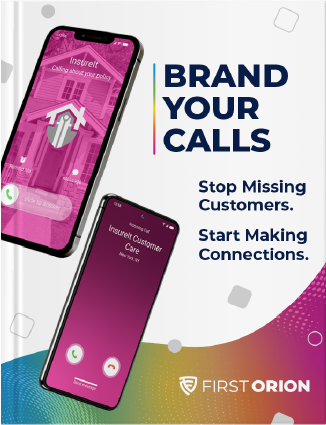Charge the phone. Run the air. Warm the shower. Power the wifi. You don’t realize how much electricity you rely on until it’s out. So if someone called and threatened to shut it off, what would you do?
After reading the latest FTC Scam Alert, you’ll think twice. If you get a call from someone threatening to shut off your utilities because you owe money, it could be an imposter running a utility scam.
As with most scams, the caller usually wants you to send money – fast. If their demands seem fishy (and you clearly remember paying the bill last month), it could be a scam. Scammers insist the only way to make the “payment” in time to save your lights is by wiring the money or using a prepaid card. It’s a lie – they just want to grab your money quickly and disappear into the dark.
Here’s how to protect yourself from this scam:
- Make sure you’re really talking to the utility company. Hang up and call the company using the number on your bill. If your utilities have online services, you can use those to check what you owe. Most utility companies will be upfront about their shutoff policies, and you will receive several notices via mail or email before this happens. If you haven’t seen any notices, you likely don’t owe a balance. Also, most utility companies generally prefer cash or check in person or at a bill paying service to avoid shutoff.
- Don’t send money to people you don’t know. This seems simple, but when you’re faced with a stressful situation – like losing your wifi – it’s harder to remember. Wiring money and prepaid cards are scammer favorites, so think twice before you do either of those. Unlike a credit card with scam protection, you can’t get money back from either of these. Plus, when was the last time the water company said an iTunes gift card was an acceptable payment? Never.
- If you are behind on payments, contact the company yourself. Scammers prey on people who may be late on payments, so it’s better to call the company directly. That way, you can work out a legitimate payment plan to catch up and keep your service on.
- Pass this information on! Tell your family, friends, neighbors and coworkers about this scam so they can be alert to it as well. Keep in touch with the latest scams from the FTC by signing up for their scam alerts.
- If you get a call like this, report it. You can report suspicious calls directly to the FTC on the PrivacyStar app.




